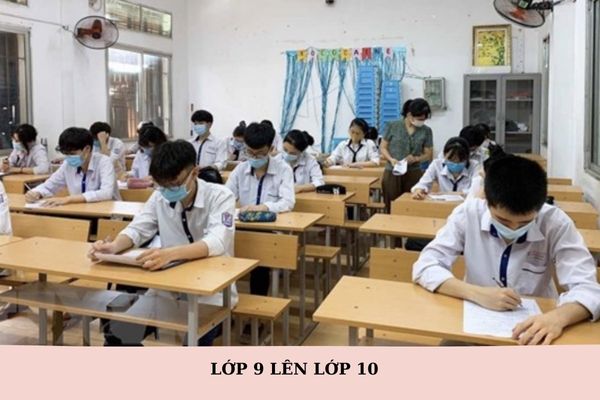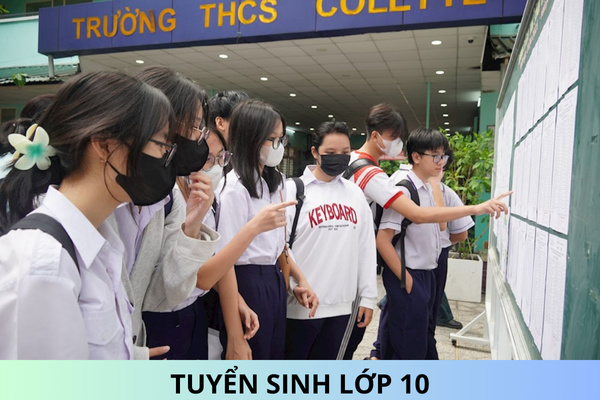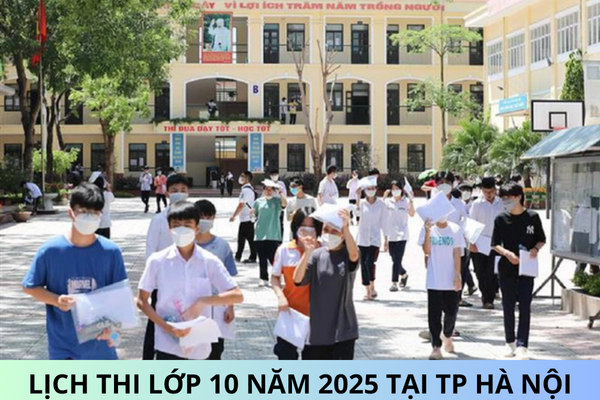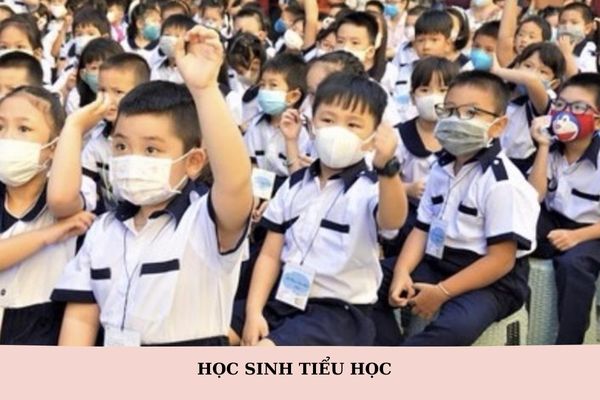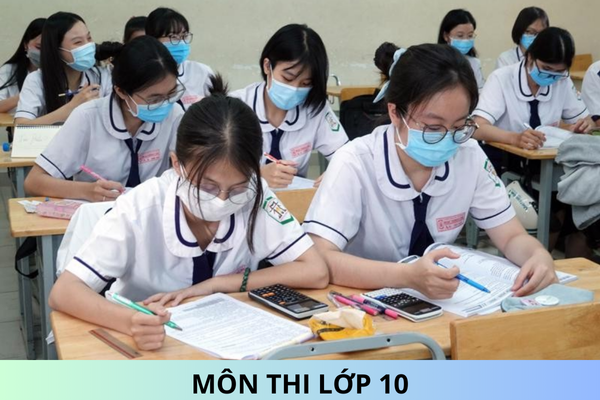Minimum Admission Scores for Hanoi Law University in 2024
What is the Minimum Admission Score of Hanoi Law University in 2024?
Which Financial Revenues and Expenditures Must Educational Institutions Disclose?
What Are the Objectives of the Higher Education Program?
Admission Floor Scores for Hanoi Law University in 2024?
Hanoi Law University has announced the threshold for ensuring entrance quality (application acceptance scores) for regular university education in 2024 (Class 49) for candidates applying based on the results of the 2024 High School Graduation Examination.
The specific admission floor scores for Hanoi Law University in 2024 are as follows:
* Common Conditions:
- Candidates eligible for admission according to the admission regulations of the Ministry of Education and Training are allowed to apply;
- Admission scores are based on the total scores of 3 subjects in the admission combination and additional preference points (if any).
* Application Acceptance Scores:
- For candidates registering for admission and studying at the main headquarters of the University: The total scores of the subjects in the C00 combination must be ≥ 20.00 points, other combinations must be ≥ 18.00 points (excluding preference points). Additionally, for the International Commercial Law and English Language majors, the English subject score in the High School Graduation Examination must be > 7.00 points.
- For candidates registering for admission and studying at the branch of Hanoi Law University in Dak Lak province: The total scores of the subjects in the admission combination must be 15.00 points (excluding preference points).
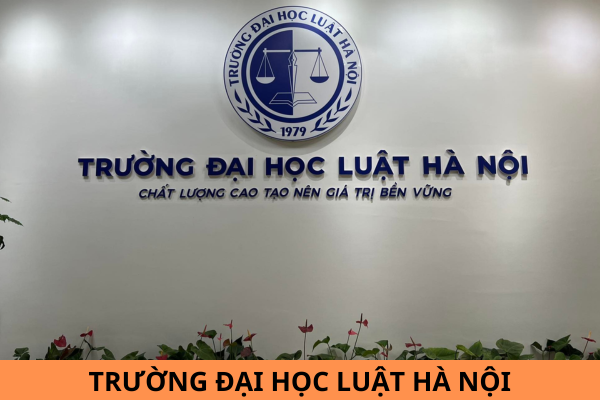
What financial revenue and expenditure information of educational institutions must be disclosed?
Based on the provisions of Article 5, Circular 09/2024/TT-BGDDT, the financial revenue and expenditure information of educational institutions that must be disclosed includes:
- The financial situation of the educational institution in the fiscal year immediately preceding the reporting time in accordance with legal regulations, including the structure of revenue and expenditure activities as follows:
+ Revenue classified by: Source of funds (state budget, investor support; tuition fees, fees, and other payments from learners; sponsorship funds and contracts with external parties; other revenues) and type of activity (education and training; science and technology; other activities).
+ Expenditure classified by:
++ Salary and income expenditures (salary, allowances, additional salary, and other similar expenses for teachers, lecturers, management staff, employees,...).
++ Expenditures on facilities and services (purchasing, maintenance, repair, maintenance, and operation of facilities, equipment, hiring services directly serving education, training, research, team development,...).
++ Support expenditures for learners (scholarships, allowances, living cost support, movement activities, competitions, awards,...).
++ Other expenditures.
- Revenues and fee levels for learners, including:
++ Tuition fees, fees, all revenues.
++ Revenues outside tuition fees, fees (if any) in the school year.
++ Projections for each following school year of the educational level or course of the educational institution before admission and enrollment.
- Annual policy and result implementation policies on allowance and tuition fee exemption, reduction, and scholarships for learners.
- Balances of funds as prescribed, including special funds (if any).
- Other disclosed financial contents are performed according to the provisions of financial, budget, accounting, auditing, grassroots democracy laws.
What are the objectives of the higher education program?
Based on Article 5 of the Higher Education Law 2012 amended by Point a, Clause 2, Clause 3 of Article 77 of the Vocational Education Law 2014, the objectives of the higher education program are:
- General Objectives:
+ To train human resources, enhance people's knowledge, foster talents; to conduct scientific research, and create new knowledge and products to serve the requirements of socio-economic development, ensure national defense, security, and international integration.
+ To train learners with political and ethical qualities; with professional knowledge, practical skills, research, and technology application capabilities corresponding to the training level; healthy; creative capabilities and professional responsibility, adaptability to the work environment; service-mindedness.
- Specific Objectives for Undergraduate, Master's, and Doctoral Training Levels:
+ Undergraduate training to provide students with comprehensive professional knowledge, a firm grasp of natural-social principles, basic practical skills, the ability to work independently, creatively, and solve industry-related issues.
+ Master’s training to equip students with fundamental scientific knowledge, in-depth research skills in a specific scientific field or effective professional activities, the ability to work independently, creatively, and the capability to identify and solve industry-specific issues.
+ Doctoral training to equip research students with high theoretical and application skills, independent research capacity, creativity, creating new knowledge, identifying principles, natural-social rules, and solving new scientific and technological problems, guiding scientific research and professional activities.


